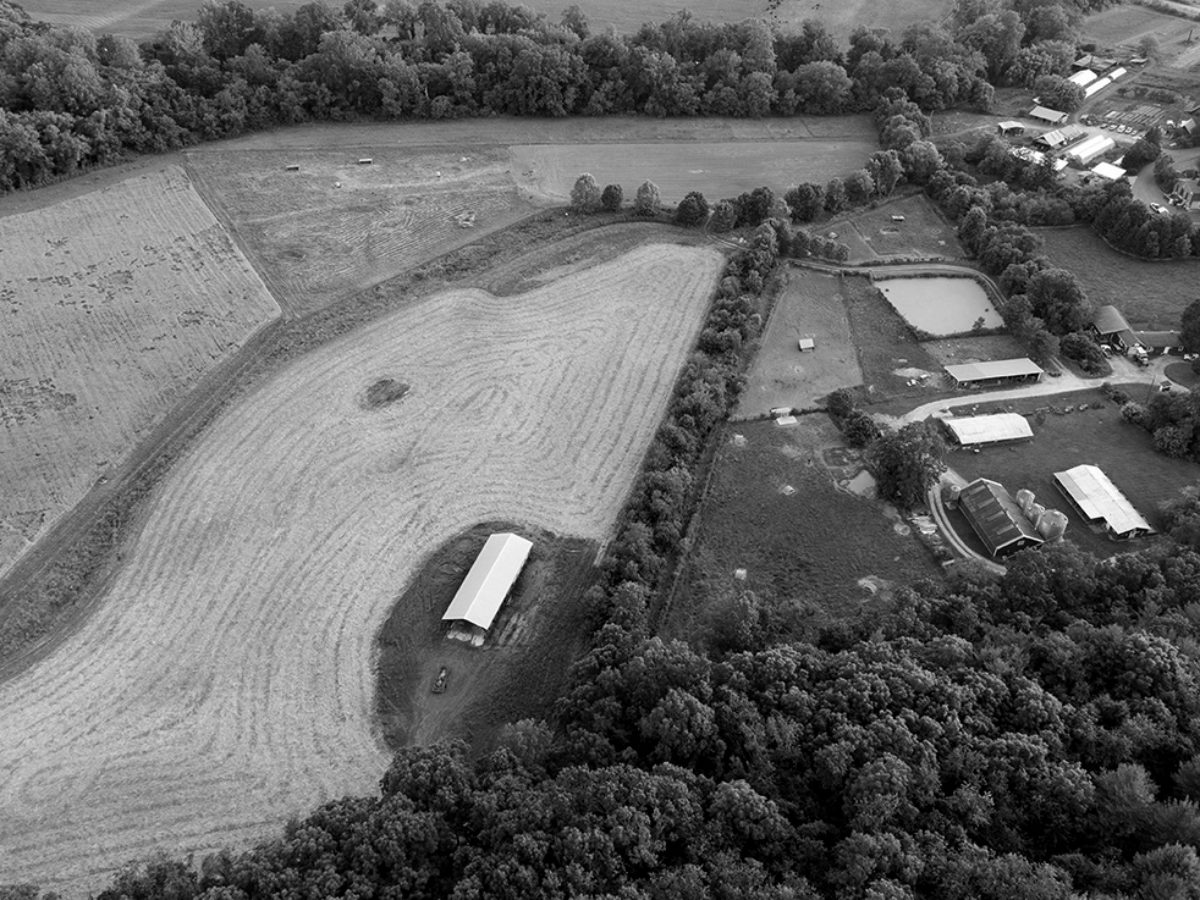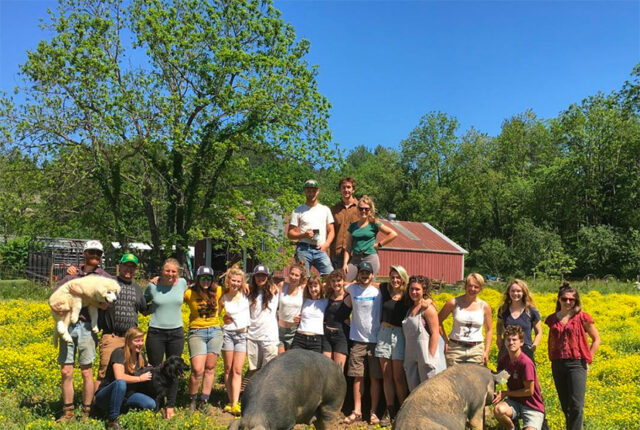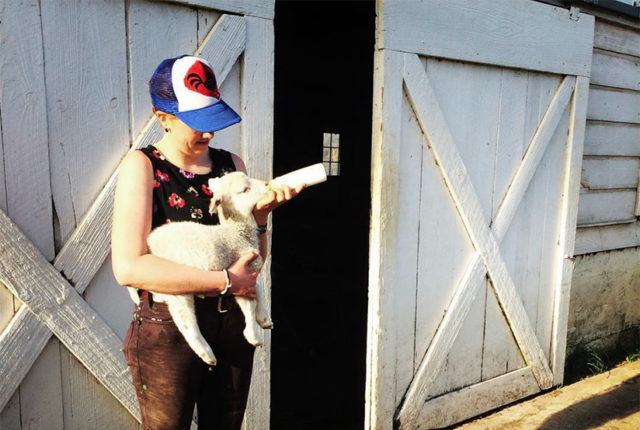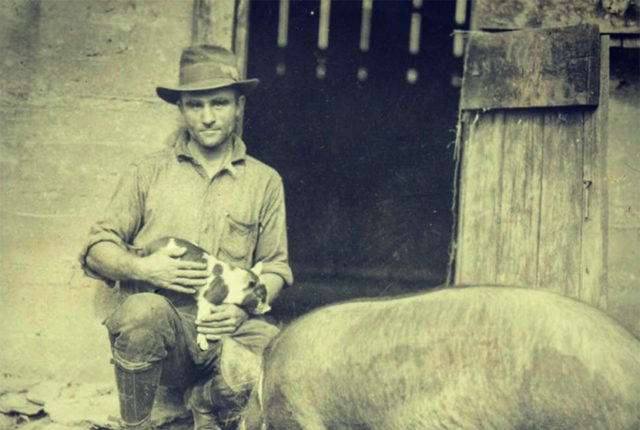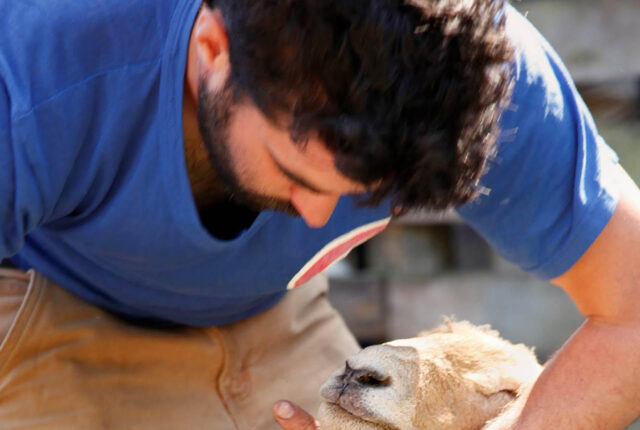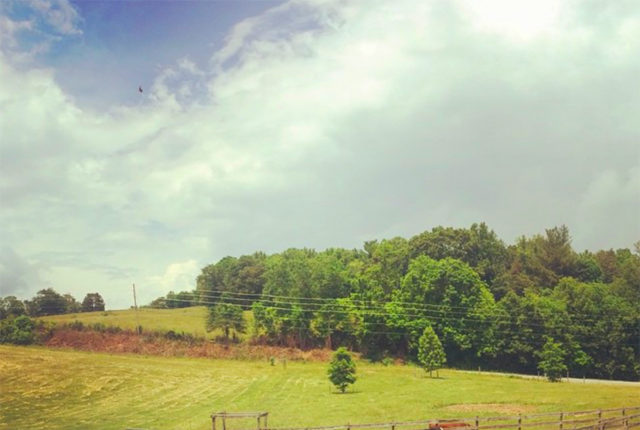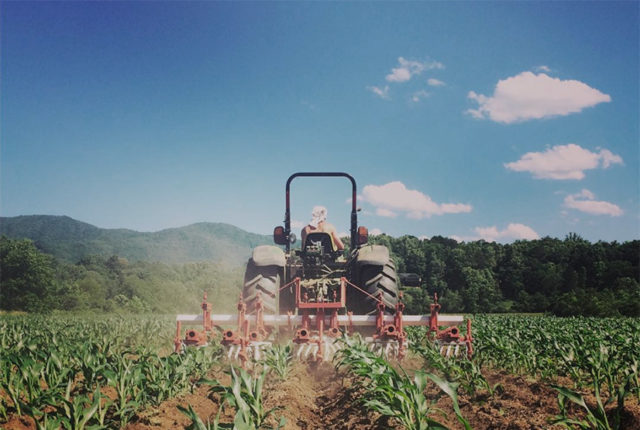What We’re About
Legacy. Honor. Dignity. Grit.
The Farm Crew is as old as the College itself – cultivating student leaders, strong work ethics, and the Swannanoa Valley since 1894. National leaders in sustainable agriculture, the Farm Crew manages over 275 rotationally grazed, crop rotated, hillside-to-bottomland, agroecological acres, $240,000 of naturally-raised meats, 65 brood cows, 20 brood sows, 750 broilers, 300 laying hens, 20 ewes, and 1 lovable guard donkey, Lola.
Broken into five sub-crews – General, Cattle and Sheep, Pig, Poultry, and Marketing/Business – the experiences on the Farm Crew are as diverse as they are deep. Whether you’re a future vet, farm manager, agronomist, extension agent, resilient agriculture lobbyist, lawyer, or advocate (or assistant director of admission), the Farm Crew is the perfect incubator.
